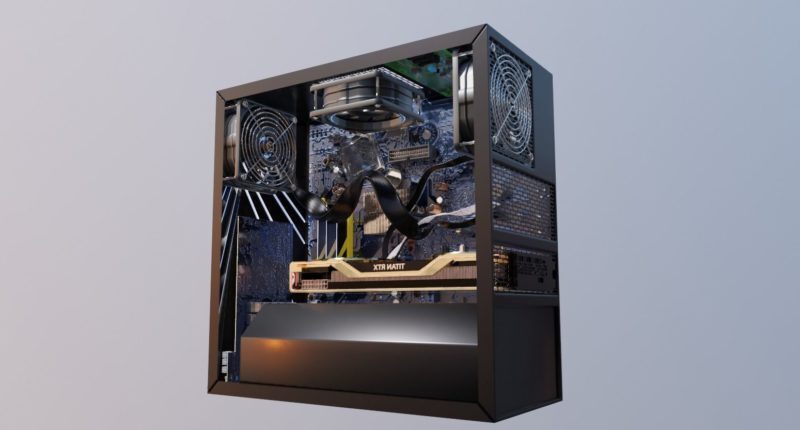What Are The Key CPU Specs?
The key CPU specs, or specifications, can sound complicated, but they’re important for understanding how your computer works. In this post, I’ll explain these technical terms to help you understand them better.
Let’s start by breaking down some common CPU terms:
- Clock Speed:
This measures how fast your CPU works and is calculated in gigahertz (GHz). A higher clock speed means better performance. For gaming, look for processors with higher clock speeds. - CPU Core:
It’s like the brain of your computer. Older CPUs had only one core, but now there are multi-core processors that can do multiple tasks simultaneously. More cores mean better efficiency, similar to hiring more workers to finish a task faster. However, too many cores can overuse resources. - Threads:
Threads are virtual versions of CPU cores. More threads mean your CPU can handle more tasks at once. Each core usually has two threads, so more cores mean more threads, leading to better performance for certain tasks. - TDP (Thermal Design Power):
This is the maximum heat a CPU generates, and the cooling system must manage it. A higher TDP doesn’t necessarily mean bad performance, but it might need better cooling and could use more power.
- Cache:
It’s a memory close to the CPU that stores frequently used data, making access faster than getting data from the main memory (RAM). There are different levels of cache – L1, L2, and L3 – each progressively larger but slower than the previous one.
- IPC (Instructions Per Clock Cycle):
This indicates how many tasks a CPU can perform in one cycle. Newer CPU generations usually have better IPC, making them more efficient.
Understanding these terms helps in choosing the right CPU for your needs. If you’ve learned something new from this post or have questions about other CPU terms, let me know in the comments!
MORE: How to Reset Your Steam Deck: Or Re-image A Complete Guide





